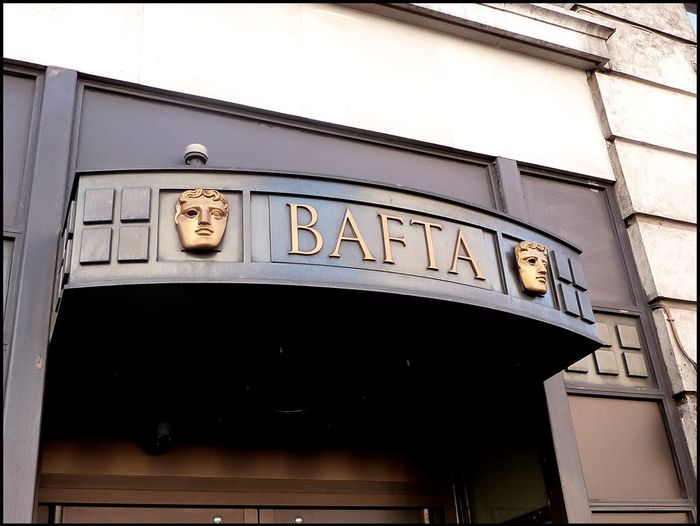Cambridge does well to expose our ignorance towards the wealth of cultures within the UK
Vivian Gounari asks whether Cambridge challenges stereotypes or alienates non-English Britons further

I was never Scottish until I arrived at Cambridge. In Glasgow, I was a Greek immigrant whose accent had become a confusing hybrid of European charm and Scottish slang. From the moment I introduced myself at my college, I was granted a new identity. I was Scottish: I over-pronounced my O’s and forgot about my T’s. To many people’s disappointment, I had never seen the Loch Ness monster- although after a night out in Glasgow I probably looked like something out of a loch.
I started describing Glasgow as if the streets had cared for me from the cradle and I would walk them until I reached my grave. I’m not sure if other people’s expectations of what ‘Scottish’ should be made me more willing or anxious to represent their ideal (so as to not disappoint), or whether, deep down, I succumbed to the stereotypes. National 5’s became GCSEs, Advanced Highers became A-levels, and I became more and more irritated over English students’ ignorance over my education system. Like a Parisian who refuses to speak English to tourists, I wallowed and privately complained over the lack of basic knowledge that students from the UK showed over their whole country.
That was until I found myself doing the same thing. I thought the Irish would be rebels – as if the Troubles were ongoing – and felt truly lost in a conversation when my Welsh friends were neither from Cardiff nor played rugby. It was a truly depressing realisation that I was just as cut-off from the rest of the UK as the English students I judged. From the top ten constituencies that voted for Brexit, I hadn’t visited one. When it came to Conservative safe-seats, I couldn’t even place them on a map. I had neither challenged my views, nor had I come into contact with representatives of what I opposed.
“What Cambridge does well, through its institutional advantages, is facilitate contact...”
Naively, I expected Cambridge to remedy this reality. Although the university is this great, diverse place, in reality, the workload and the work-centred routine of Cambridge life can make meaningful socialising, or even socialising beyond work-related topics, quite difficult. As a result, we were welcoming, and accepted each other as friends, but we forgot to mention what we wanted others to accept us for: those from Edinburgh who put curry sauce on chips, or those in Belfast who love Quavers sandwiches, or learn what the Welsh mean when they say ‘tidy’.
There was no time for cultural understanding, and even the Scottish, Irish, and Welsh societies suffered from their innate inwardness and exclusiveness, as their members were those who shared the respective culture already. There was simply no time, and no means, to question the stereotypes borne out of our innocent ignorance.
Cambridge might be instrumentally flawed at remedying and refining our understanding of what it means to be British, but that should not disperse us to a state of resentment or fatalism. What Cambridge does well, through its institutional advantages, is facilitate contact: it exposes our ignorance and our preconceived biases that, almost invariably, stem from non-malicious intent. The opportunities to experience and challenge this reality might be sparse and often embedded with the kind of stereotypes they are meant to challenge (like college-swaps and pub-crawls) but they are a form of contact nonetheless.
So even when Burns Night Formals seem like a badly staged scene from Braveheart, they initiate this interaction, a form of interest that someone from London or Surrey might not have experienced otherwise. It is by no means perfect, and I wouldn’t recommend packing a kilt for anyone’s first visit to Scotland, but it gives us a choice: to either roll our eyes when met with stereotypes or to challenge them in a respectful and thoughtful way.
Perhaps what Cambridge does best is allow us to mature into the kind of individuals who make the right choices out of their own accord. However, this outcome is neither predetermined nor inevitable, and whether we are capable of such maturing within the context that we’ve been given remains a worthwhile question to ask. It is the kind of question that continues to trouble the Union as a whole, as we grapple between the extremes of understanding or resigning to our ignorance.
 News / SU reluctantly registers controversial women’s soc18 December 2025
News / SU reluctantly registers controversial women’s soc18 December 2025 News / CUP announces funding scheme for under-represented academics19 December 2025
News / CUP announces funding scheme for under-represented academics19 December 2025 Features / Should I stay or should I go? Cambridge students and alumni reflect on how their memories stay with them15 December 2025
Features / Should I stay or should I go? Cambridge students and alumni reflect on how their memories stay with them15 December 2025 Fashion / The art of the formal outfit 18 December 2025
Fashion / The art of the formal outfit 18 December 2025 News / Dons warn PM about Vet School closure16 December 2025
News / Dons warn PM about Vet School closure16 December 2025










